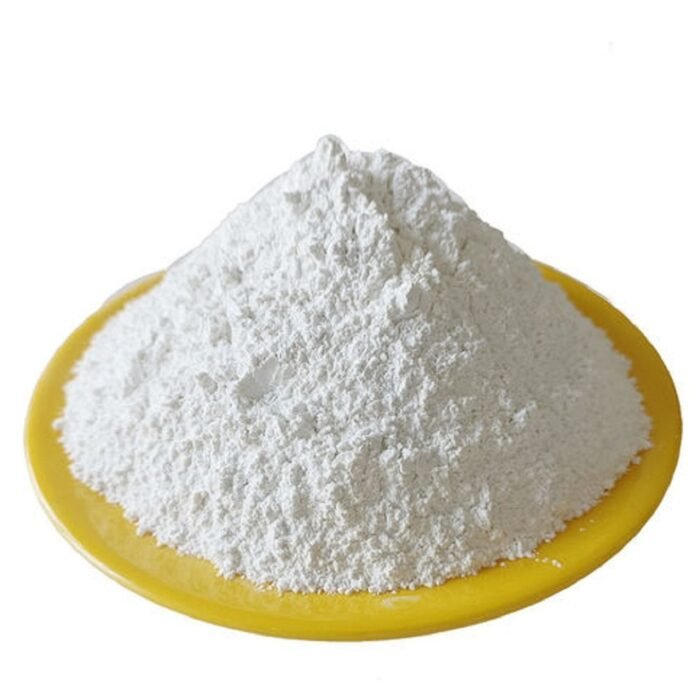Manufacturers across various industries are constantly looking for ways to enhance the quality and durability of their products. One material that has gained significant attention for its beneficial properties is activated calcium carbonate. Used widely in industries ranging from construction to pharmaceuticals, this compound has proven to be a versatile and effective solution.
What Is Activated Calcium Carbonate?
Activated calcium carbonate is a finely processed form of calcium carbonate that is treated to enhance its chemical and physical properties. This treatment process involves coating the surface of the calcium carbonate particles, often to improve dispersion and compatibility with other materials. This enhanced version finds applications in industries such as plastics, paper, paints, and even food production.
How It Benefits Manufacturing Processes
Activated calcium carbonate plays a crucial role in improving the manufacturing processes of various products. Its fine particle size and improved surface characteristics enable better blending with other materials, reducing production challenges. For example, in the plastic industry, it helps in achieving a uniform finish and improves the mechanical strength of the final product.
In the paper industry, it is used to improve brightness and opacity while reducing production costs. Similarly, in paints, it enhances the viscosity and smoothness of the product, ensuring superior application and finish.
Enhanced Product Quality and Performance
One of the most notable advantages of using activated calcium carbonate is its ability to significantly improve product quality. By integrating it into formulations, manufacturers can achieve:
- Improved Durability: Products containing activated calcium carbonate exhibit greater resistance to wear and tear.
- Enhanced Aesthetics: The compound adds brightness and smoothness, especially in paper and coatings.
- Cost Efficiency: It acts as a cost-effective filler material without compromising on quality.
These benefits make it a valuable addition to a wide range of products, offering both performance and economic advantages.
Environmental Benefits
Another key advantage of activated calcium carbonate is its contribution to sustainability. Since it can replace a portion of more expensive or less eco-friendly materials in products, its use can reduce the overall environmental impact of manufacturing. Additionally, its production process often involves lower energy consumption compared to other industrial materials.
Applications Across Diverse Industries
The versatility of activated calcium carbonate makes it suitable for numerous applications, including:
- Plastics: Improves stiffness and reduces production costs.
- Paper: Enhances brightness, opacity, and printability.
- Paints and Coatings: Improves coverage and application properties.
- Food and Pharmaceuticals: Acts as a calcium source and filler in tablets and dietary supplements.
Each of these industries benefits from the unique properties of this compound, proving its importance as a multifunctional material.
Conclusion
Activated calcium carbonate has become a game-changer in modern manufacturing. Its ability to enhance product quality, improve manufacturing processes, and contribute to sustainability has made it an indispensable component in various industries. By understanding its properties and applications, manufacturers can harness its full potential to create better, more efficient products.


